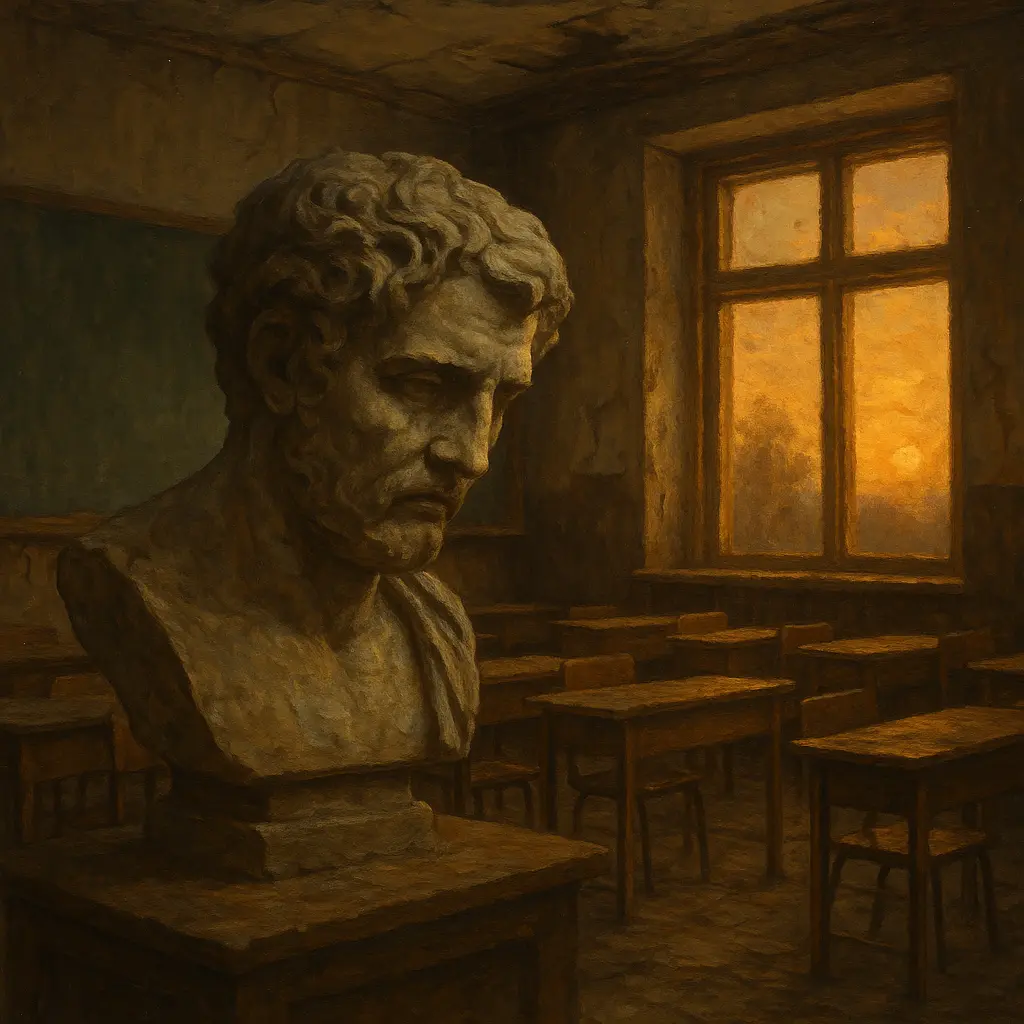Education is not merely a process confined to the production and transmission of knowledge. It is also a foundational social institution that ensures cultural continuity through the transmission of values and contributes fundamentally to the formation of the human being. However, reports published over the past decade by international organizations such as PISA, UNESCO, and the OECD indicate a noticeable decline not only in academic performance but also in domains such as critical thinking, empathy development, cultural awareness, and ethical sensitivity across numerous countries.
Recent studies in the field of psychology reveal that exam-centered education systems lead to heightened anxiety in children, a decline in creative thinking capacity, and decreased overall life satisfaction. From a sociological perspective, this paradigm deepens interpersonal inequalities while simultaneously weakening social empathy and collective reasoning.
At this juncture, the boundaries between refined literary expression and the superficiality of everyday discourse, between scientific truth meticulously constructed and the noisy populism of social media, and between cultural sophistication and the crude pragmatism of popular culture are increasingly blurred. Put more directly, the distinctions in thought patterns, vocabulary, and ethical orientation between an academic and a tradesperson, a teacher and a driver, or an artist and a social media influencer have grown vague. Intellectual and cultural diversity is gradually giving way to a shallow uniformity.
The erosion of educational quality undermines not only individuals’ levels of knowledge but also the mental, ethical, and aesthetic architecture of society. Viewed through a philosophical lens, the reduction of education to a mere instrument of economic gain constitutes a profound threat to the existential values of humanity.
Where Lies the Solution?
In recent years, innovative educational models have emerged that advocate for comprehensive evaluation systems which consider not only students’ academic achievements but also their emotional, social, cultural, and ethical development. These models reconceptualize the teacher not as a mere transmitter of knowledge, but as a leader, guide, and cultural mediator.
This transformation also includes new policy approaches aimed at strengthening teacher autonomy, prioritizing professional ethics, and restoring the societal prestige of the teaching profession. At the same time, the integration of digital technologies into education must be guided by principles that prioritize human dignity, ethical responsibility, and critical media literacy—rather than merely optimizing for efficiency and productivity.
A Call to Action
To all who are reading this text:
Do not regard education merely as a competition for diplomas, exams, or measurable success.
Invest in children’s inner worlds, their sense of responsibility toward society, and their aesthetic and cultural development.
Approach education as a lifelong process of growth and humanization.
Because the future will not be built solely by those who solve standardized tests,
but by those who question, critique, imagine, inquire, and create.
And this transformation begins with the conscious steps you choose to take today.
Discover more from Serkan Akbulut, PhD(c)
Subscribe to get the latest posts sent to your email.

